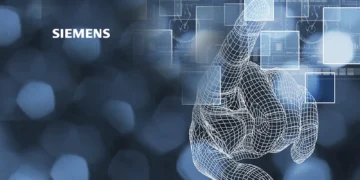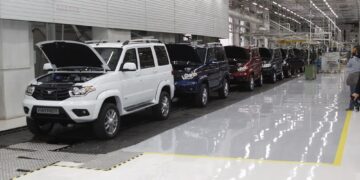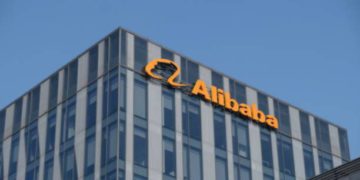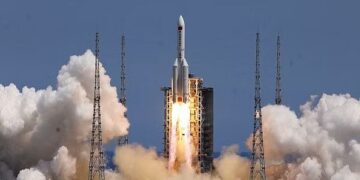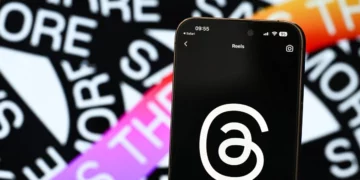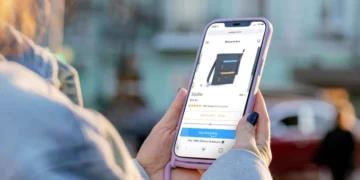HONG KONG – “Social robots like me can take care of the sick or elderly,” said the humanoid robot Sophia, as she conducted a tour of her lab in Hong Kong. “I can help communicate, give therapy and provide social stimulation, even in difficult situations.”
Sophia was unveiled in 2016 after which she had gone viral. Hanson Robotics the company behind her, envisions to mass-produce robots by the end of the year.
The which is based in Hong Kong, said four models, including Sophia, would start rolling out of factories in the first half of 2021.
“The world of COVID-19 is going to need more and more automation to keep people safe,” founder and chief executive David Hanson said.
Hanson believes robotic solutions to the pandemic are not limited to healthcare, but could assist customers in industries such as retail and airlines too.
“Sophia and Hanson robots are unique by being so human-like,” he added. “That can be so useful during these times where people are terribly lonely and socially isolated.”
Hanson said he aims to sell “thousands” of robots in 2021, both large and small. The company has developed a robot for healthcare sector, named Grace. It will be launched this year.
Social robotics professor Johan Hoorn, of Hong Kong Polytechnic University, whose research includes work with Sophia, says “I can infer the pandemic will actually help us get robots earlier in the market because people start to realise that there is no other way.”
Products from other major robot makers in the industry are helping fight the pandemic as well. SoftBank Robotics’ Pepper robot was deployed to detect people who weren’t wearing masks. In China, robotics company CloudMinds helped set up a robot-run field hospital during the coronavirus outbreak in Wuhan.
Some humans might be wary of putting robots in such sensitive roles. When asked whether people should fear robots, Sophia had an answer ready.
“Someone said ‘we have nothing to fear but fear itself’,” the robot mused. “What did he know?”










